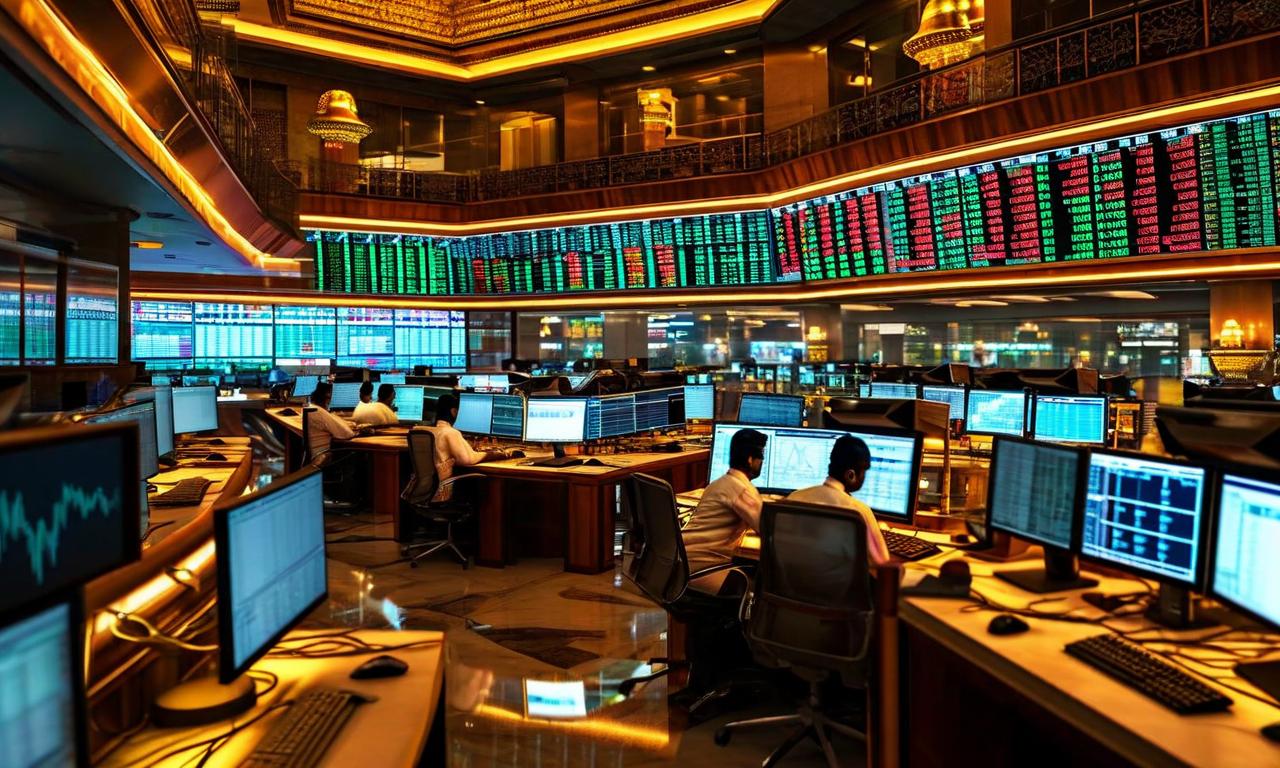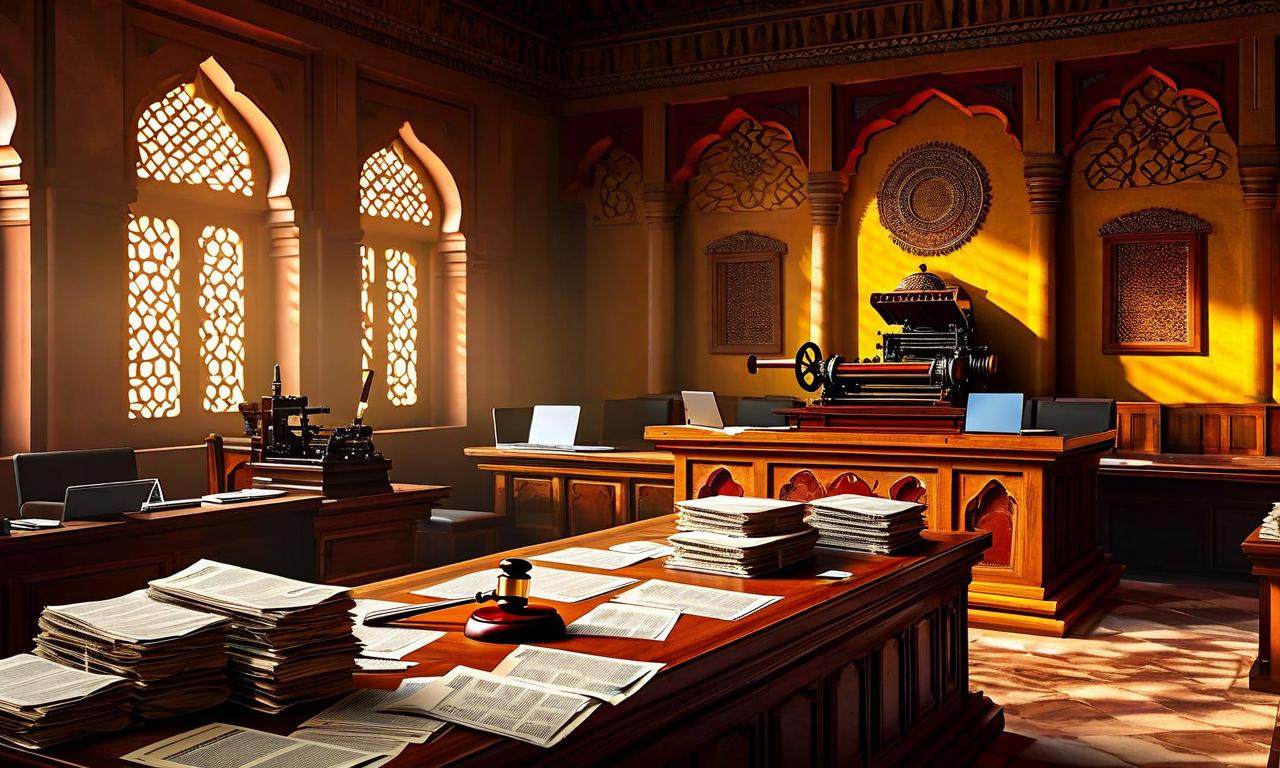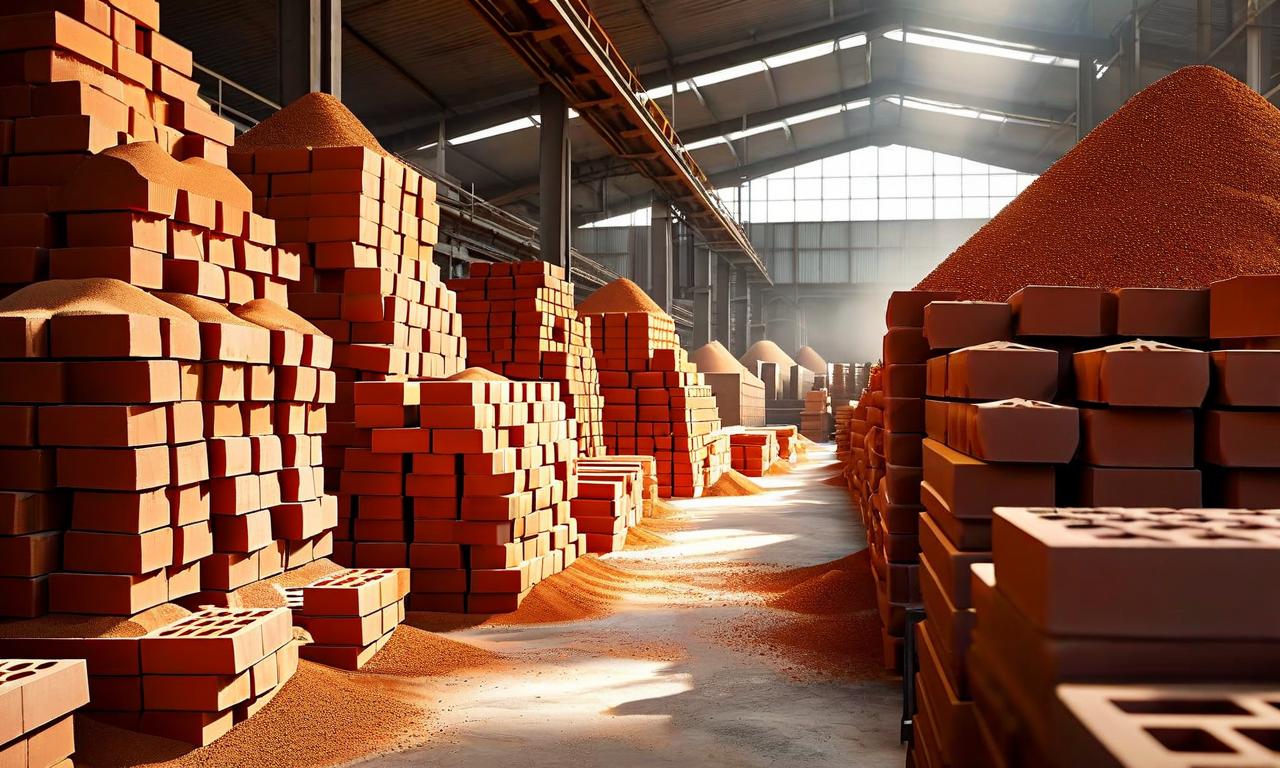Delhi HC Halts Removal of Adani-Related Social Media Posts by Journalists
The Delhi High Court has ordered a status quo on the removal of social media posts about Adani Group, specifically those by journalist Ravish Kumar and Newslaundry. Justice Sachin Datta noted that Adani Enterprises agreed not to request further content removal as it existed on September 26 at 12 noon. The court clarified that already removed material should not be re-uploaded until the trial concludes. The government stated that their directions to remove posts were based on a civil court order. This decision comes in response to pleas filed by Newslaundry and Ravish Kumar challenging the Centre's direction to take down Adani-related reports and videos.

*this image is generated using AI for illustrative purposes only.
In a significant development concerning media freedom and corporate influence, the Delhi High Court has intervened in the ongoing dispute between Adani Group and several journalists. The court has ordered a status quo on the removal of social media posts about Adani Group, specifically those by renowned journalist Ravish Kumar and the news platform Newslaundry.
Court's Decision
Justice Sachin Datta, presiding over the case, noted that Adani Enterprises has agreed to refrain from requesting Kumar and Newslaundry to remove any additional content from their sites as it existed at 12 noon on September 26. This decision effectively puts a pause on the ongoing content removal process.
Clarifications and Restrictions
The court provided important clarifications regarding the status quo order:
- Any material that has already been taken down should not be re-uploaded until the trial concludes.
- The status quo applies to the content as it existed at the specified time on September 26.
Government's Stance
The Centre's counsel made a significant statement during the proceedings, explaining the government's role in the matter:
- The directions to journalists to remove posts were issued based on a civil court's order.
- The government had communicated subsequent court directions staying the gag order to the journalists.
Legal Challenge
The court's decision comes in response to pleas filed by Newslaundry and Ravish Kumar. These pleas challenged the Centre's direction that asked digital news publishers to take down reports and videos concerning the Adani Group.
Implications for Media Freedom
This case highlights the delicate balance between corporate interests and press freedom in India. The court's intervention suggests a cautious approach, ensuring that while potentially defamatory content is addressed, there isn't an overreach that could stifle legitimate journalism.
What's Next
As the case proceeds to trial, all parties involved will be closely watching the developments. The outcome of this case could have far-reaching implications for how corporate entities interact with media organizations and individual journalists in India, particularly in the digital space.
The Delhi High Court's order for status quo serves as a temporary measure, providing a breathing space for both the journalists and the Adani Group while the legal process unfolds. It remains to be seen how this will impact the broader landscape of corporate-media relations and digital content regulation in India.
Historical Stock Returns for Adani Enterprises
| 1 Day | 5 Days | 1 Month | 6 Months | 1 Year | 5 Years |
|---|---|---|---|---|---|
| +0.19% | -2.31% | +1.23% | -6.68% | +2.20% | +185.05% |




































